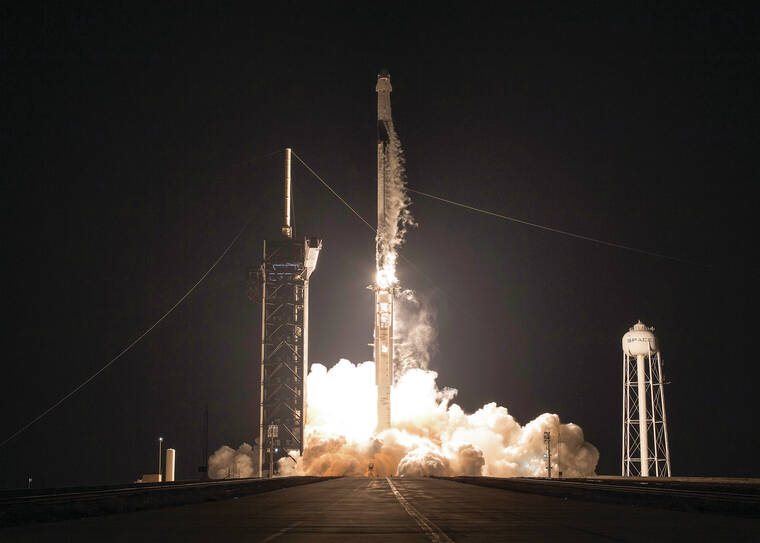Hiring booms at SpaceX and Blue Origin making it hard for NASA to attract talent
SpaceX and Blue Origin LLC are competing to launch satellites and take humans to the moon. They are also paying big salaries to hire so many young and tireless engineers that old-line aerospace employers like Boeing Co. and NASA are finding it harder to fill positions. Most aerospace students really covet jobs at SpaceX and Blue Origin, recruiters say. The private firms are run by two of the three richest men in the world, Elon Musk and Jeff Bezos, who ultimately imagine people living and working in Earth’s orbit and on the surface of Mars. Their private firms also often pay more than established space operations. SpaceX is currently listing starting aerospace engineer positions at $95,000 to $115,000 a year. NASA, which follows the federal government’s General Schedule pay scales, offers starting salaries along a range that starts at $54,557 for engineers with bachelor’s degrees, $66,731 for master’s degrees and $73,038 for doctorates at the Kennedy Space Center in Florida.
Helping SpaceX or Blue Origin build towering rockets, orbiting labs or moon landers can also mean serving at the whims of mercurial executives. California has accused SpaceX of routinely underpaying women and minority workers. And jobs at the startups can mean laboring on projects that never see the light of day or sitting at a cubicle for 80 or 90 hours a week.
“You’re doing this cool thing,” said Griffin Rahn, who is earning his aerospace master’s degree at Georgia Tech. “You’re also going to be like really worked to death.” Nonetheless, graduates from elite colleges have been jumping at the chance to contribute to the ambitious plans of the startups, and each company is hiring rapidly. Blue Origin, with more than 10,000 workers, had more than 1,500 job postings in mid-March. SpaceX is estimated to have more than 11,000 workers and had over 1,100 openings. This has intensified recruiting drives for aerospace majors at colleges like the Georgia Institute of Technology, Massachusetts Institute of Technology and the University of Michigan. William Putaansuu, an aerospace engineering undergraduate at the Georgia Institute of Technology, said that Blue Origin and SpaceX “know people want to go work for them.” The sharp growth of space projects mean aerospace engineer jobs are projected to grow 6% from 2022 to 2032, twice as fast as the average overall U.S. job growth rate, according to the Bureau of Labor Statistics. Over the next five years, the booming global space economy is expected to grow roughly 40% to some $770 billion.


